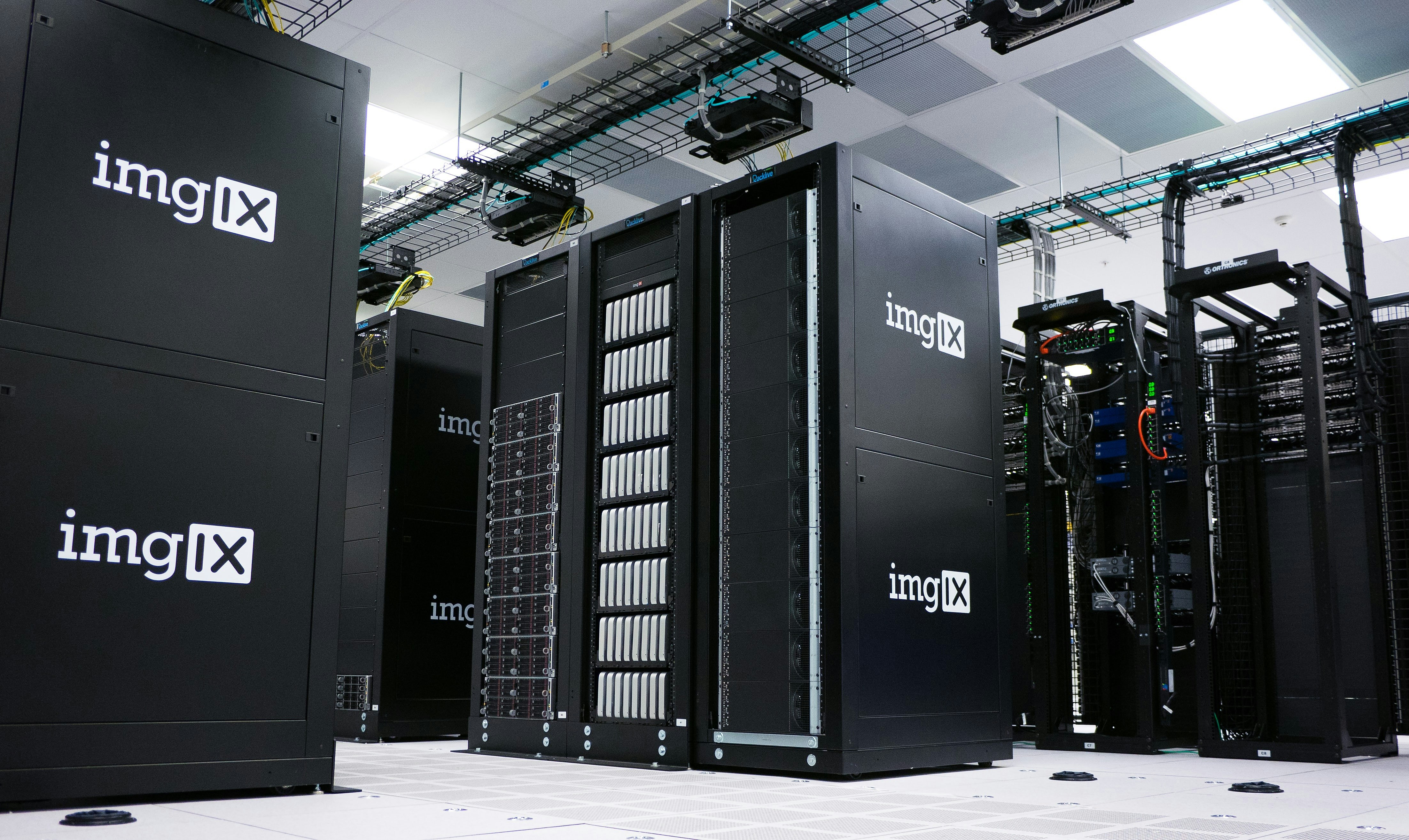DevOps is the backbone of modern agile software delivery and IT infrastructure and every business wants a DevOps engineer. DevOps architects and engineers design and implement streamlined software development pipelines to ensure customer-facing web apps have zero downtime and developers are able to deliver high-impact features directly to consumers at high velocity. DevOps is driving the future of information & technology and enabling the business of tomorrow. This cutting edge field merges the disciplines of software development with IT operations and DevOps engineers possess the skill sets of both worlds.

A typical technology cycle at a high level can be encompassed by the three phases Plan → Build → Run.
During the Plan stage product & development teams gather business requirements and start to design, architect and propose the software and application solutions to help solve business challenges and advance business strategy. Considerations are made regarding resources – staff, skills, technology stack – project deadlines and features that deliver value to the business.
After gathering requirements and designing the solution, teams move on to build the solution. Development teams translate ideas into code and features are developed. Then the software goes through testing and build steps where the packaged application moves on to the IT Operations team.
In the Run stage the software & application products are released into the production environment where customers directly consume the products. The Operations team ensures the product works as intended with no security flaws and with high availability and scalability.
The teams sit in different stages and there are some demarcations between development and operations teams. Their priorities and modes of working differ due to different objectives. Developers are more inclined to build new features and functionality fast to ship to customers. Operations teams focus on stability, uptime, availability and resiliency of the environment. If developers rapidly produce software but the operations teams are unable to provision the appropriate infrastructures or configure the production environments as quickly, then the new releases will have to wait for all the checks and balances.
DevOps is a collection of approaches, practices and tools helping to resolve these challenges. It helps foster greater integration and collaboration across teams and the software lifecycle. Development and operations’ goals and objectives merge, product responsibilities and accountabilities fall on both teams and there’s a shared vision across teams. It’s not just about the tools or technologies but also about the people and the process.
DevOps engineers help architect software delivery pipelines to lower the barriers between application development and software delivery into production. They do this by leveraging DevOps tools and technologies emphasizing modern cloud technology stacks, microservices architecture and automation.
As organizations mature in their modern tech stack, they will also embrace pillars of DevOps such as cloud, automation and microservices. Done right, organizations can maximize the benefits of DevOps and gain a competitive edge in their business.


